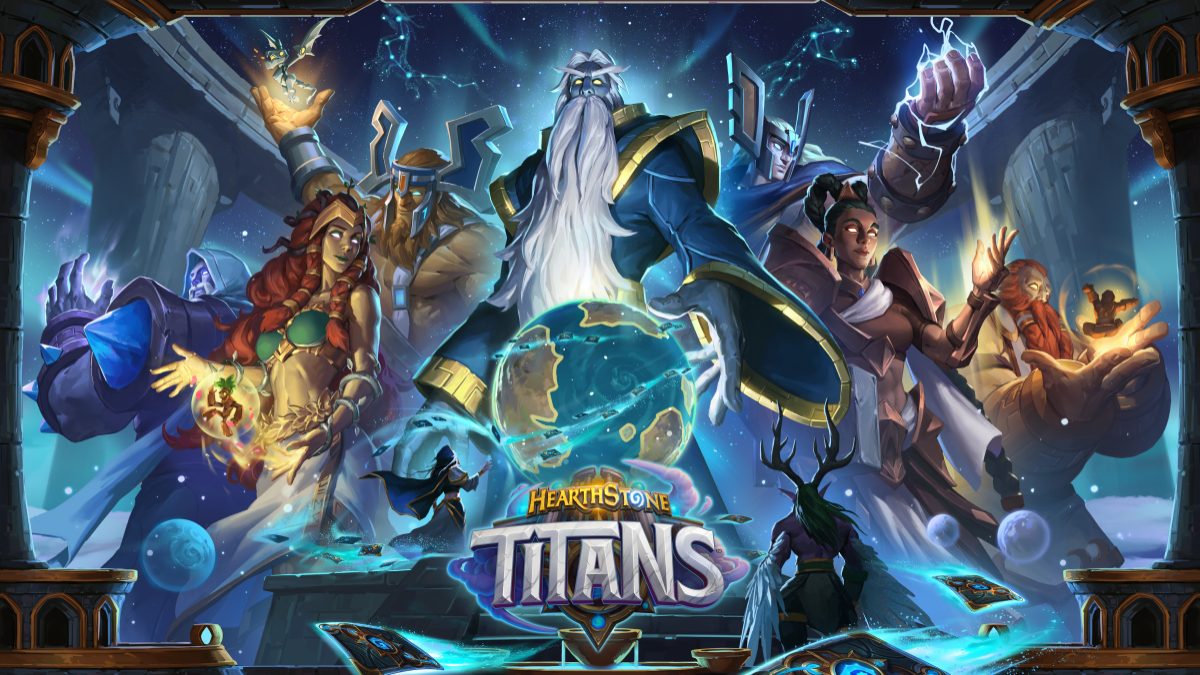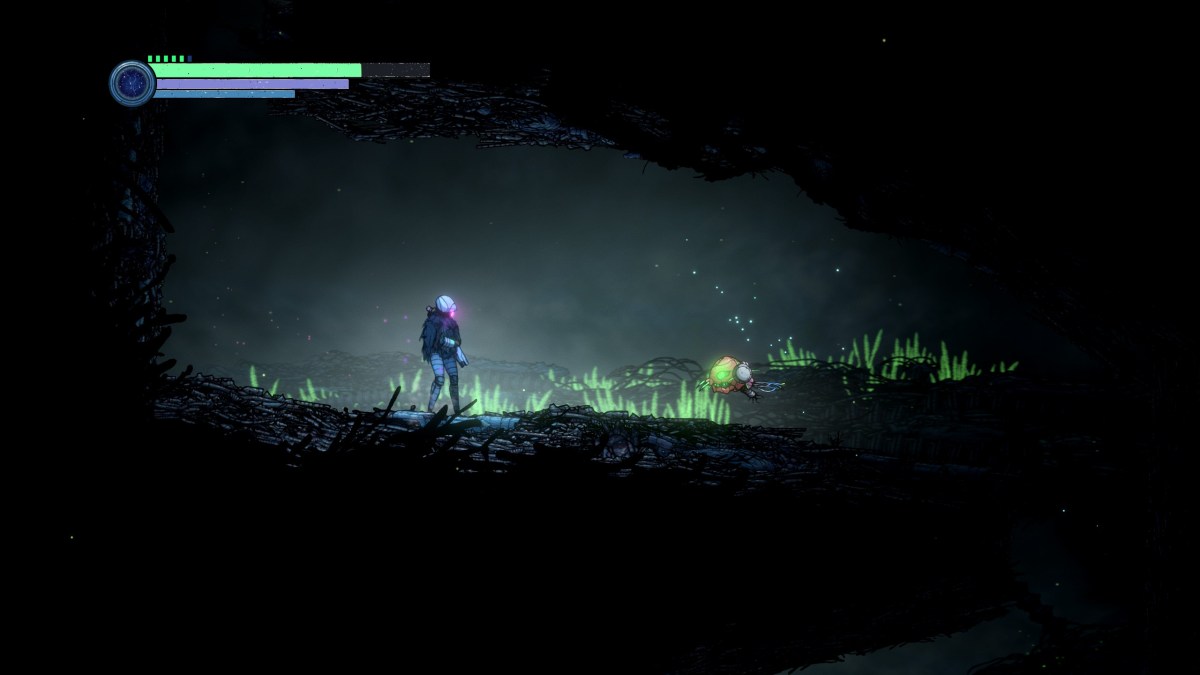Pre-empting our review for Assassin’s Creed: Brotherhood we were lucky enough to sit down with Julien Laferriere, Production Manager for Ezio’s latest adventure, to hear how he believes the game has moved on from past outings and the thinking behind many of its new features.
IncGamers: There was a big jump in scale and ambition from the first Assassin’s Creed to the second. How much has change/improved from the second game to where we are now with Brotherhood?
Julien Laferriere: The difference, I would say, is that the game is very much layered; the story is very rich and we have a lot of optional side-missions that tie into that main narrative. Rome itself is a very, very big city so the player can get lost and just have fun in the city, do some side-missions, do some Borgia towers, recruit assassins and level them up through assassination contracts and missions. I would say that we offer a lot of variety and, at the same time, link that variety into the main narrative which makes it a very coherent game.
Brotherhood revolves around the player fantasy of being a master assassin, basically. It’s something we felt could be very interesting for the player that’s why, for instance, you get to have your own guild and call on your assassins for assistance in combat.
Do you ever worry, with so much to do in the game, that the player will become too preoccupied in the side-missions and lose track of the main narrative?
Well, it’s an open-world game so the player will basically go through the experience at their own pace and if they don’t like a certain side-mission, or don’t want to level up their assassins, then they don’t have to.
Our goal is obviously to have a lot to offer so that people can choose whatever they want and also have a very compelling main story so that the player will want to move forward in the game. We also made sure to introduce elements consistently as you progress through the story so you don’t lose interest or feel you’re not progressing if you don’t do all the side-missions.
Has player feedback from the previous games influenced Brotherhood’s development?
We are very connected to the community. We read forums and every time there’s a review or article coming up about our game it’s sent to everybody in the team and we read the comments left my readers.
After the first Assassin’s Creed fans said that they want variety in the next game so we gave them variety. This time around fans said that they loved Ezio – both his character and story – so we said ‘perfect, we’re going to give you another chapter of his story’. So, to answer your question, fan feedback is very important to us.
So are we going to see more of Ezio after this outing?
Right now we’re just focused on shipping Brotherhood and we’ll take it from there to see how it goes moving forward.
We know about Ezio but how much are we going to see of his descendant, Desmond, this time around?
We thought that Desmond is a pretty interesting character and we wanted to have him shine a little more this time around. We wanted to show a little more about the back-story of Desmond so we thought this was a good opportunity to do that. I won’t spoil anything about Desmond’s story but it certainly does progress significantly.
You’ve introduced the new VR Challenge mode, what can you tell us about the thinking behind it?
The VR Challenge was something we wanted to try in order for the player to experience the mechanics in a different setting – outside the context of the story where they can just try the mechanics and express themselves. Our goal was really to create a different pace and to allow players to have fun with the mechanics.
As far as the amount of content goes, there are four categories with 25 to 30 challenges in total; challenges include killstreak, free-running so on and so forth. There are also online leaderboards for players to compare themselves against their friends.
Any inspiration taken from Metal Gear Solid’s VR missions?
We didn’t really use MGS as a benchmark or anything it was just something that, with the animus and the design of the white loading room, felt very natural to incorporate into our game.
How much historical research goes into each Assassin’s Creed title?
We have historians and specialists of the Renaissance period working with us. It’s very important for us to be as accurate as we can without being detrimental to the gameplay and the provision of fun; it’s not a simulation we’re making, it’s a game.
Basically we have an ‘inside 30 second rule’, with means that if you can find out the information within 30 seconds on the internet – and it turns out to be true – we will incorporate it into the game. For example, all the main characters – like the Borgia – have historical backgrounds up on Wikipedia and a lot of those ties in with the game.
When did the studio start working on Brotherhood?
The multiplayer started three years ago, the team doing that also did the multiplayer for Splinter Cell: Chaos Theory. Some development on Brotherhood started in parallel with Assassin’s Creed 2 and then, once AC2 was done, most of the team came over to Brotherhood.
How key to progressing is your ability to call on your assassin’s guild for assistance in combat? Is it possible to complete the game without their help?
There are some portions of the main path that require the use of assassins, mainly due to the fact that we wanted to properly teach you how to use the feature properly. After that you’re on your own, if you enjoy recruiting assassins you can do that but it’s totally up to you whether you decide to or not.
We did design missions with the feature in mind though. Using your assassins in some missions grants you some bonus ‘sync’ so, in a way, you’re encourage to use them but not forced to.
How easy is it to improve their abilities?
There are two ways of levelling them up. Every time they perform a kill they gain experience but the best way to level up is to send them out on missions. The missions vary in length meaning that they will be unavailable to assist you for different amounts of time depending on which mission they’re sent on. Longer missions are rewarded with more XP so it’s up to you to get the balance right between sending them out to level up and using them to assist you in combat.
The new Borgia Towers present quite a challenge. How have you balanced the combat for both new and experienced players alike?
We have varying difficulty levels within the game itself and you have that info on your map. For example, before doing a Borgia Tower, you can open your map and get a glimpse of what awaits you; we have a difficulty rating for each tower plus a leader trait – the leader can be courageous and confront you or he can be cowardly and run to his tower. Some of the towers reward combat and some reward stealth, there’s varying gameplay throughout so basically it all depends on your approach.
If you’re stealthy it’s possible to take out a leader without any combat at all by using your crossbow or smoke bombs. We really want to encourage the player to use all the tools at their disposal. One thing with the combat, to make it a little bit easier, is to use the execution streak ability in which Ezio can perform one hit kills on the guards making it easier to manage large groups.
Recommended Videos
PC Invasion is supported by our audience. When you purchase through links on our site, we may earn a small affiliate commission. Learn more about our Affiliate Policy
Author
Paul Younger
Founder and Editor of PC Invasion. Founder of the world's first gaming cafe and Veteran PC gamer of over 22 years.
We have upgraded our commenting platform! Existing comments will be imported over the next few weeks.






Published: Nov 19, 2010 10:15 am